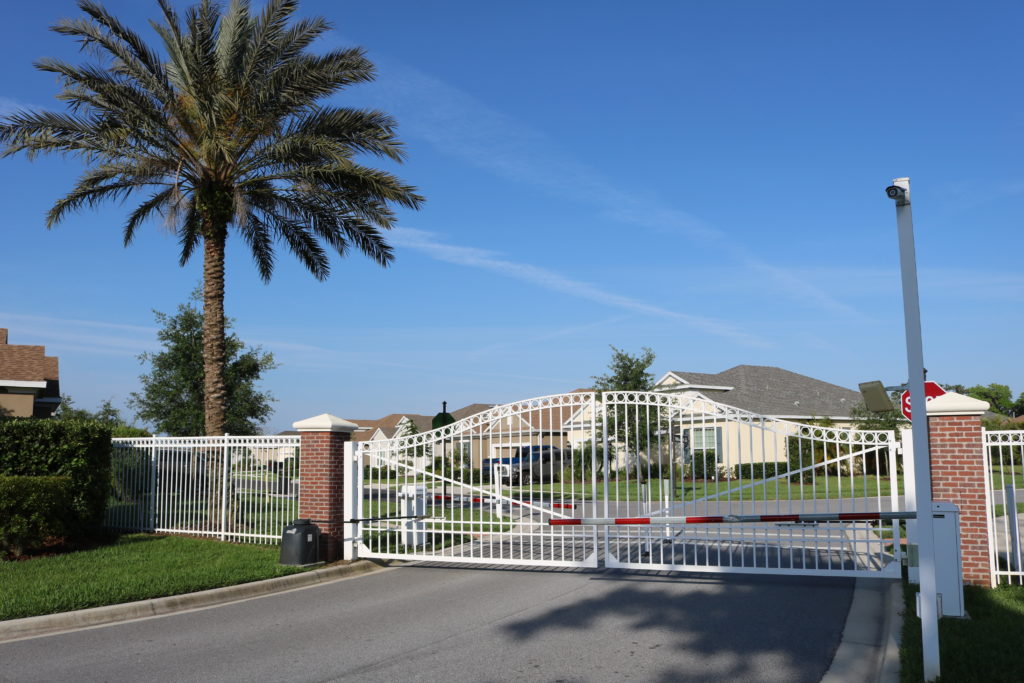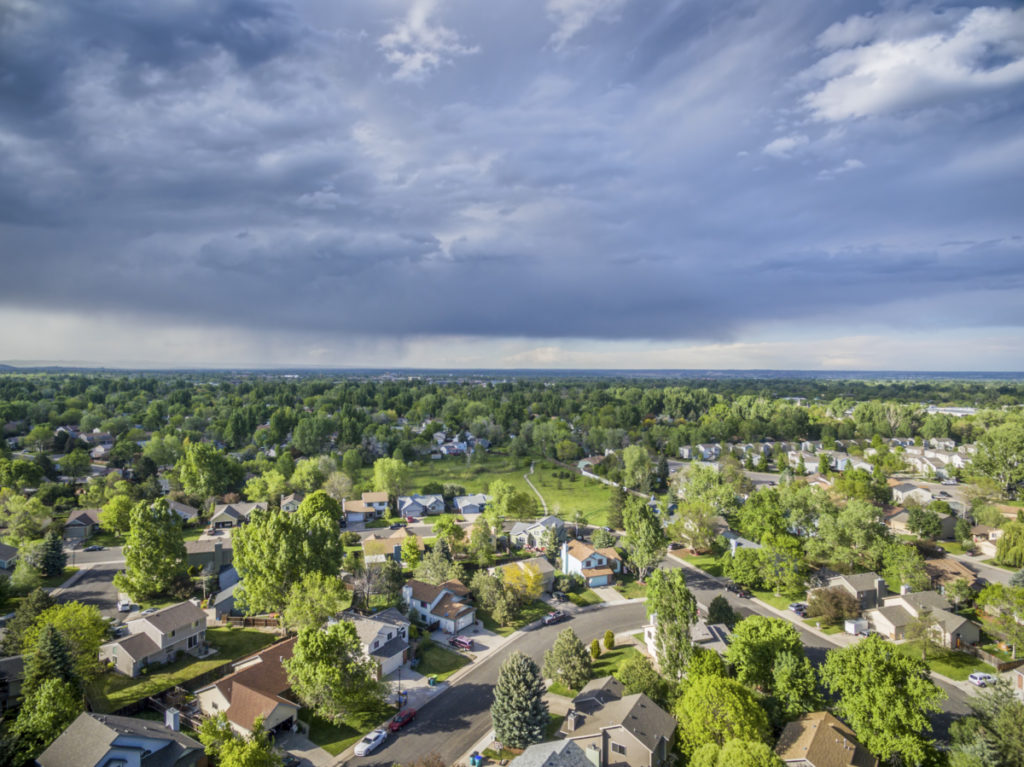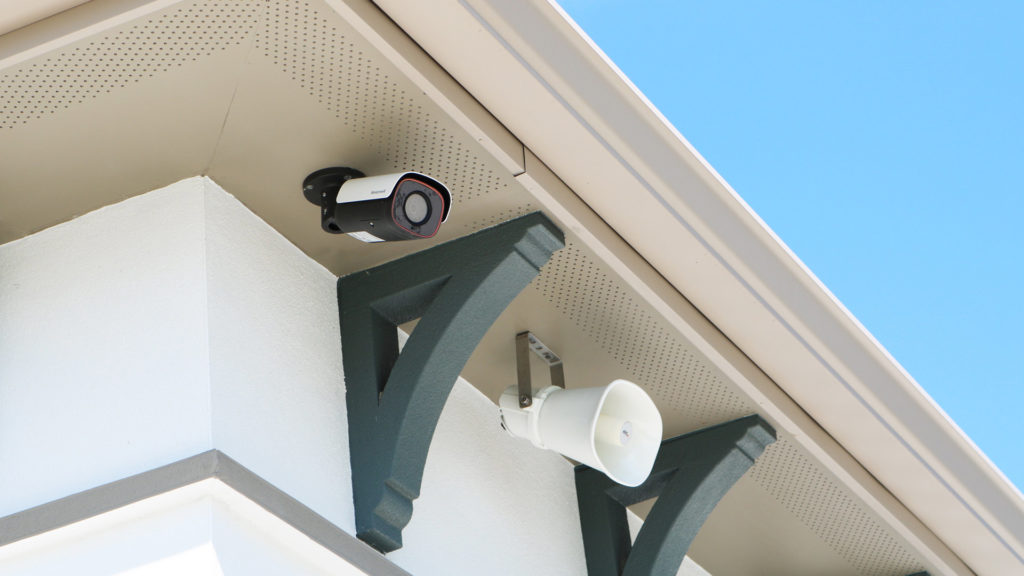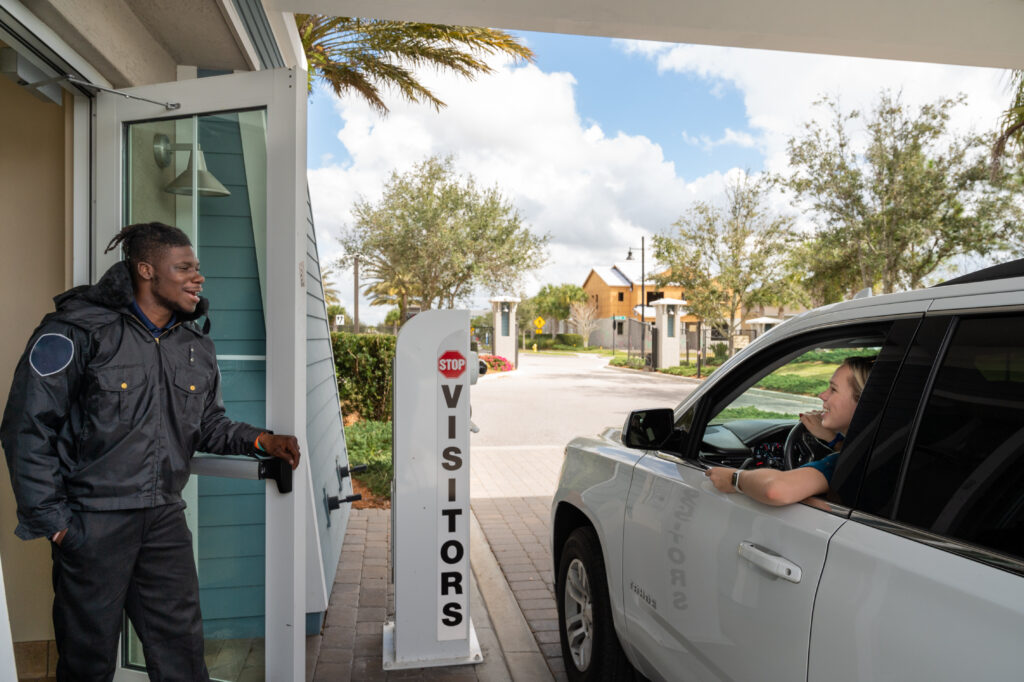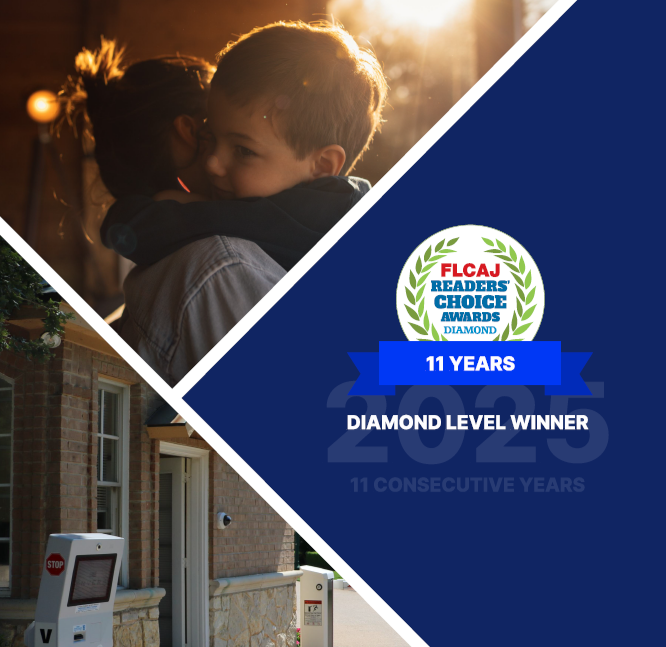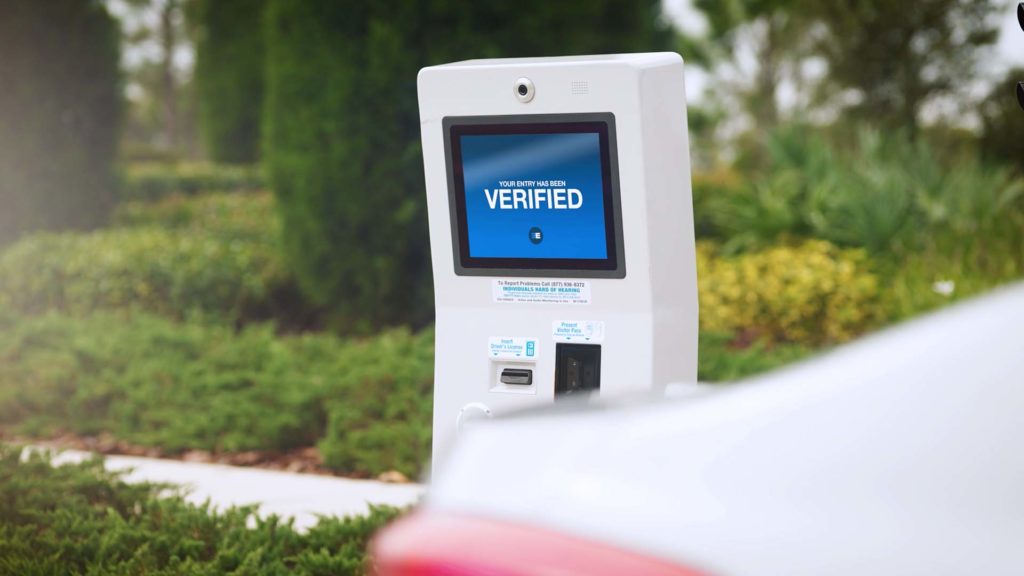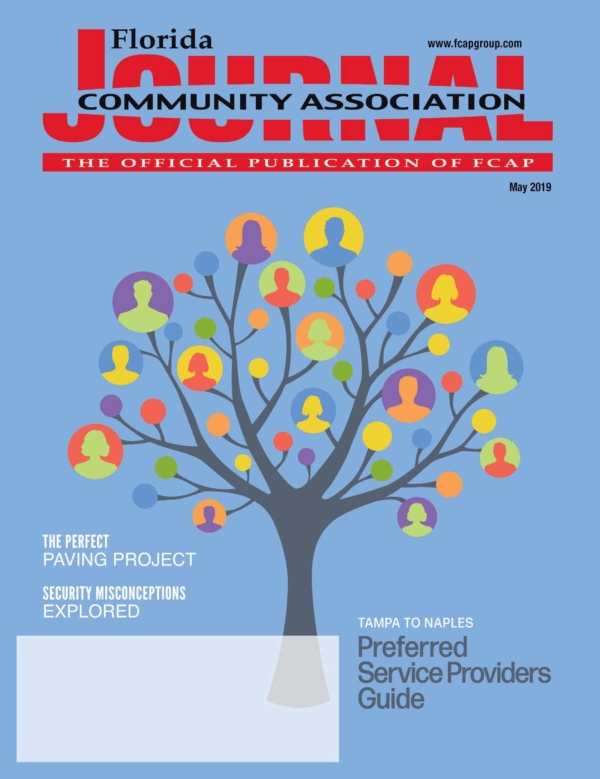
As a property manager, do you face questions from the board that are challenging to answer because a security system has been misinterpreted? Perhaps some board meetings include upset residents because the community security results do not meet a false perception that has been created. Security misconceptions form through a variety of ways. While it is not possible to stop them completely, there are things to keep in mind as an association manager or board member that may help to decrease the concerns or opinions.
The argument for and against security starts before a system is installed or upgraded. It is likely that some will think security is not needed at a community. This may be said with statements such as “It won’t happen to me,” or “Those things don’t happen where I live.” Communities that have not faced trespassing, vandalism, or worse, are very fortunate. However, that does not mean something cannot or will not happen. When and if that time comes, will a community be prepared to make an effort to address the issues?
Part of this initial mentality may be because of concerns about the cost of security. It is important to realize that installing a system or hiring a security company is an investment. Security needs to be budgeted for, and technology will need to be upgraded overtime. That investment is in place to deter crimes and possibly respond to incidents if they occur. More importantly, a system can provide information or video when needed that may help recoup vandalism damage costs, determine who tailgated and broke a gate, or it could lead to the arrests of burglary suspects. Without a functioning system, none of that would be possible.
Possible—many things are possible with community security. Some communities save thousands of dollars of damage by preventing vandalism at a pool with an active video surveillance system. Other communities use license plate cameras to capture each vehicle tag entering a community. If one of them tailgates and hits the gate, the association can find out who did it and send a bill. However, no system or person is flawless. In reality, people make mistakes, and technology can have glitches. That is why it is essential to select a provider that can assist when issues arise. The community should have a team or multiple teams that can be contacted when a camera goes down, if a visitor was not verified properly, or when video needs to be looked through and retrieved for an incident.
Another tough battle that property managers, board members, and even those in the security industry face is the notion that security can solve all problems. For example, a gated community cannot keep everyone out if the community does not have other gates installed to stop pedestrian traffic. Entrance gates, a guard, or a virtual gate guard will not stop all tailgaters. Living in a gated community does not mean that only law-abiding citizens also live within the property. The capabilities of any security system should not be overemphasized by a company representative or by the association when explaining it to residents.
Video surveillance is a good example for a system that is frequently embellished. If a community’s pool has active video surveillance, trespassers are expected to be noticed and a remotely-located guard should respond to tell them that the area is closed. The function of this system is to detect, respond, and provide evidence to a community to let the association know how the situation was resolved. The function of video surveillance is not typically facial recognition, since that technology is still more expensive than most associations can afford. It is unlikely that a security provider will be able to determine who exactly trespassed into the area, and the purpose of that system should not be dramatized.
When it comes to trespassers at an amenity or worse, a home burglary within a community, the association should be able to turn to their security provider for help. However, it needs to be recognized that the company may not always have an answer or be to blame in that instance. Trespassers at an amenity could be the children of residents, and a car or home may have been broken into because the doors were left unlocked. Even with a guard, cameras, access control, and other prevention methods in place, communities and individual homeowners need to practice common sense security.
Despite these actualities, the importance of security still exists to protect and monitor the properties and assets of a community. Detective Dillon Corr with the Hillsborough County Sheriff’s Office recommends, “all gated communities should have some sort of security.” Gated or not, Detective Corr adds, “You will not deter all crime. However, once people start getting caught, word will spread and your community will not be targeted as much.”
No matter what system you have installed or if your community is interested in a new one, communication is key. Talk with your provider or the potential company about the details of a system, how it functions, and the capabilities. When you, as a property manager or board member, have a complete understanding, the communication with residents will be smoother and less confusing in the future. Some companies may also have a team designated to help with the transition to a new security system, which can be an added benefit for residents to understand a new method or process.
Inevitably, incidents will occur within most communities, and the topic of security will arise in a meeting. As a community manager or board member, knowing and understanding the security plan in place will help to determine if the concern is valid or a misunderstanding. If concerns do bring about additional questions, the community staff should have a representative or team to turn to with their provider for assistance. Being confident in the security systems and company in place will help curb misconceptions and address them when needed.
You can read the complete issue and original article here: FLCAJ – May
You can also download the article here.

